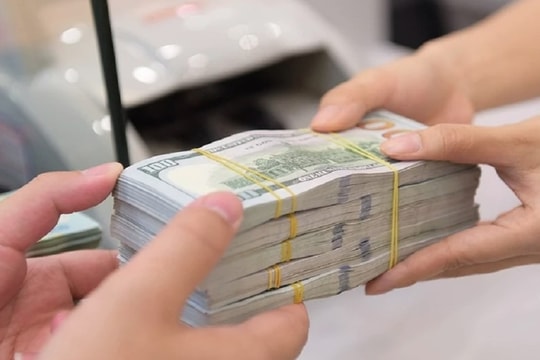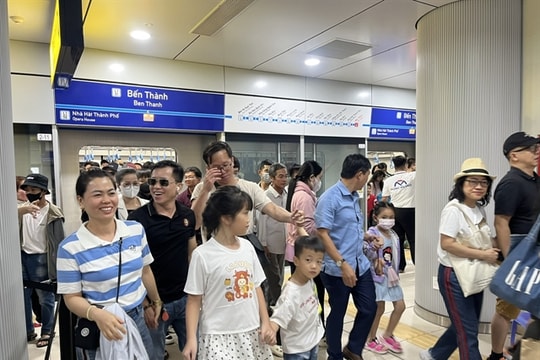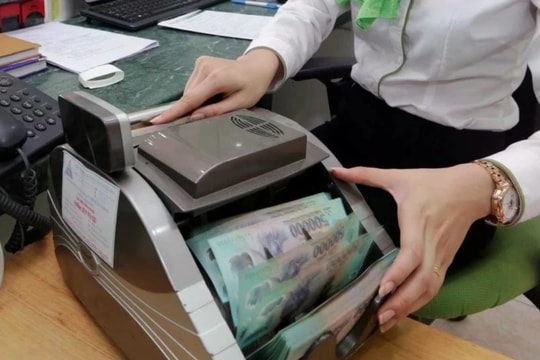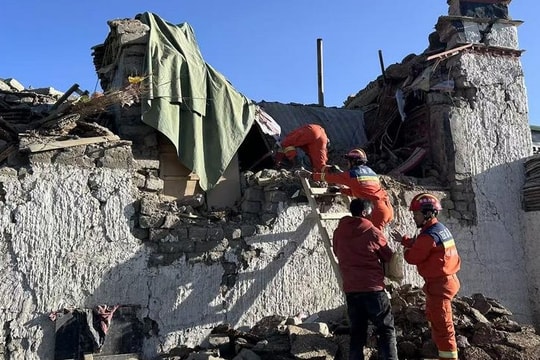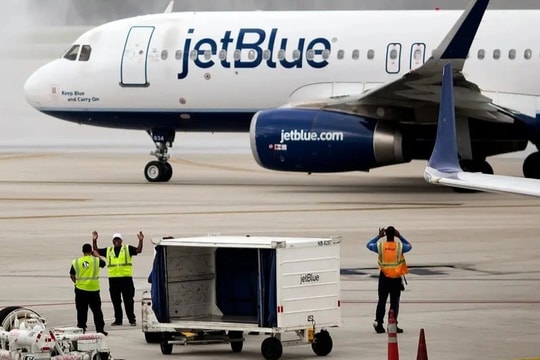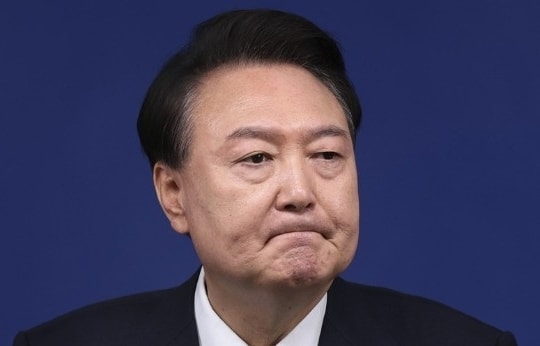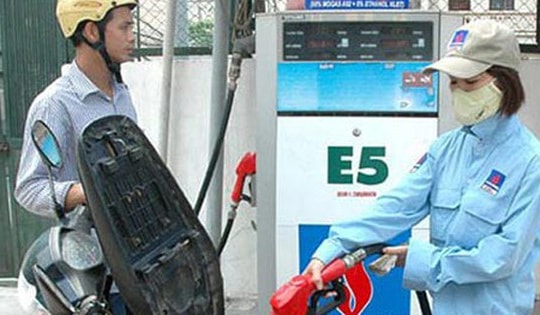Japanese contractor demands nearly VNĐ4 trillion in additional costs for HCM City’s metro line 1
One current disputed issue involves the procurement of electrical equipment, locomotives, rolling stock, rails and maintenance.
.jpg) |
| Metro line 1 arrives at Bình Thái Station in HCM City. — VNA/VNS Photo |
HÀ NỘI — Japan’s Hitachi, the contractor carrying out the Contract Package 3 for the HCM City’s Metro Line 1, has requested compensation from the investor for project-related additional costs amounting to nearly VNĐ4 trillion (US$153.3 million).
This is one of the key points in a report that the project investor, HCM City Urban Railway Management Board, recently submitted to the HCM City’s Department of Foreign Affairs.
The report is intended to form a draft proposal which will be set in front of the Prime Minister and the Ministry of Foreign Affairs to suggest how to resolve issues with the Metro project.
Metro Line 1 is scheduled to be completed and put into operation in the fourth quarter of 2024. However, in the final stages, the investor has reported several issues, including contract interpretation disputes and coordination challenges between the project’s general consultant, NJPT, a consortium led by Japan’s Nippon Koei and the Japanese contractors, which are causing delays.
One current problem involves Contract Package 3’s procurement of electrical equipment, locomotives, rolling stock, rails and maintenance, executed by Hitachi, Tuổi trẻ (Youth) newspaper reported.
Despite being outlined in the contract, aspects such as staff training and trial operations have been prolonged due to disputes and delays by Hitachi and these issues remain unresolved, according to the newspaper.
The HCM City Urban Railway Management Board has analysed its binding document and said that the current conditions and demands from Hitachi lack the legal basis for resolution.
Specifically, under the contract terms, the contractor is entitled to EoT (extension of time and cost reimbursement) if delays are caused by the investor. Conversely, the contractor must compensate for delays if they are at fault.
According to Decree 37, which details construction contracts, parties must agree on the conditions for schedule adjustments. If the completion time exceeds the contractual schedule, parties must clearly outline responsibilities for damages caused by delays.
Under the Contract Package 3 deal, delivery was to be completed by April 8, 2018, which was 244 weeks from the commencement date of August 5, 2013. Hitachi is now requesting an EoT of 4,124 days, pushing the start of commercial operations to November 20, 2024. However, NJPT has recommended a provisional EoT of 2,161 days.
On April 6, 2023, Hitachi filed an arbitration claim against the investor at the Vietnam International Arbitration Center (VIAC), demanding an EoT of at least 2,773 days and compensation of approximately VNĐ527 billion ($20.7 million). Additionally, Hitachi has requested compensation for the extended completion time, with temporary detailed claims totalling around 23.7 billion yen (nearly VNĐ4 trillion).
The newspaper quoted the investor as saying that these costs are one-sided claims from Hitachi and do not reflect delays caused by the contractor. These claims require NJPT’s assessment.
The HCM City People’s Committee has instructed the investor to collaborate closely with the general consultant and the contractor to resolve the issues and implement the project according to the planned goals. They also need to ensure the legal rights of the project and the investor.
To ensure progress, the HCM City Urban Railway Management Board proposed that the city’s People’s Committee request that the Prime Minister to seek support from Japan. This includes negotiations with Japanese contractors, particularly Hitachi, to expedite project completion and commence commercial operations of Metro Line 1.
In May 2024, the Japanese Ambassador to Việt Nam sent an official letter to HCM City’s People’s Committee Chairman Phan Văn Mãi, confirming the commitment to completing Metro Line 1 in 2024.
According to the letter, Japan believed commercial operations can start by the end of the year, with ITC completed by the end of July, staff training in August and September, trial runs in October and November and safety certification without delays.
The Bến Thành-Suối Tiên metro line runs over 19.7km between District 1's Bến Thành Market and Thủ Đức City's Long Thành Depot with three underground stations and 11 elevated stations. Work on the metro project started in 2012 and has already suffered various delays, while costs have risen to over VNĐ43.7 trillion ($1.71 billion). — VNS



